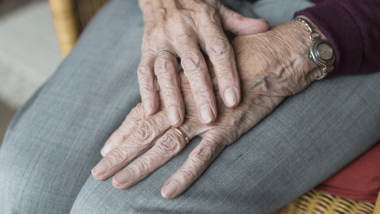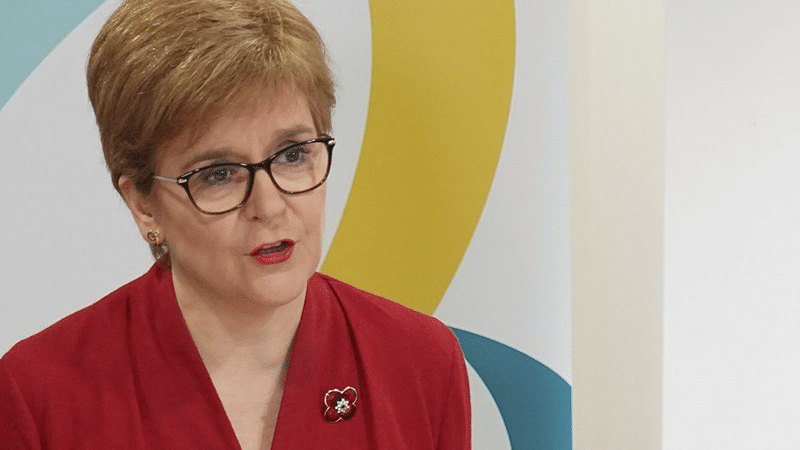Scotland’s former First Minister Nicola Sturgeon has revealed that she is increasingly unconvinced by arguments to legalise assisted suicide because of the impact on care for the vulnerable.
Writing in the Glasgow Times, the MSP for Glasgow Southside explained that while reconsidering the issue, she was surprised to find herself “veering away from a vote in favour” of Liberal Democrat MSP Liam McArthur’s Assisted Dying for Terminally Ill Adults Bill.
First Minister Humza Yousaf, along with Scottish Labour leader Anas Sarwar and Scottish Conservatives leader Douglas Ross, have all publicly opposed legislation to introduce assisted suicide in Scotland.
‘Dignity’
Sturgeon said: “I worry that even with the best of intentions and the most carefully worded legislation, it will be impossible to properly guarantee that no-one at the end of their life will feel a degree of pressure, a sense that it might be better for others for them not be here”.
She raised concerns that “if we come to associate dignity at the end of life with choosing to die, rather than being supported to live in as much peace and comfort as possible – then we will, as a society, lose focus on the palliative and end-of-life care and support that is necessary to help people, even in the worst of circumstances, to live with dignity.
“And I worry that, over time, this shift in collective mindset will see the tightly drawn provisions of this bill extended much further.”
Under McArthur’s Bill, which Holyrood is expected to consider in the coming months, end-of-life protections would be removed to allow vulnerable people to seek help from a doctor to kill themselves. In such cases, their death would be recorded as natural rather than suicide.
Coercion
Scotsman columnist Euan McColm, who described himself as a “long-term” supporter of assisted suicide, said the “more time I’ve spent thinking through the potential consequences” the “less appealing I find the idea”.
He stated: “I’m afraid there is an abundance of evidence that not all families treat older members as well as we might hope.
“Can we say with full confidence that no relatives of terminally ill people would abuse the law? Are we sure some people will not be made to feel they are such a burden that they believe assisted dying is the best course for them?
“I’m not at all confident we can simply dismiss such concerns.”
Palliative care
Writing in The Times, Dr Calum MacKellar of the Scottish Council on Human Bioethics criticised McArthur’s Bill for conflating assisted suicide with good palliative care by using the term “assisted dying”.
He said “this is disingenuous, since the true ideology behind the new bill is that some lives can become unworthy of life and should be ended, which is totally at odds, morally, with the original purpose of palliative care”.
The Roman Catholic Bishop of Paisley John Keenan agreed, adding: “An accurate term for what the Bill seeks to legalise is assisted suicide. It is a law which will allow a doctor to provide a patient with a lethal cocktail of drugs to kill themselves.”
Northern Ireland
In Northern Ireland, Sinn Féin and the Social Democratic and Labour Party (SDLP) revealed that they could vote in favour of assisted suicide if legislation was introduced.
But DUP MP Carla Lockhart said: “We need to make clear that the primary objective of our healthcare system is to protect life, to heal and to improve the quality of life of everyone, whatever illness they face. Our focus instead should be on improving palliative care, allowing the terminally ill to die with true dignity.”
Legislation to permit assisted suicide is currently being considered in Scotland, the Isle of Man and Jersey, with a celebrity-backed campaign to legalise the practice underway in England and Wales.

Scots medics oppose McArthur’s death bill
RoI assisted suicide proposals ‘naïve and out of touch’
MPs give stark warning on assisted suicide but fall short of opposing change in law

